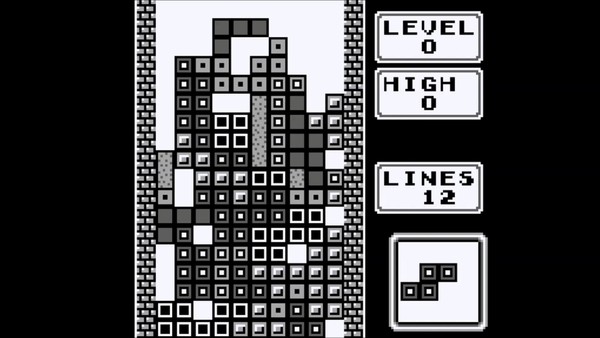Clever Ways Developers Manipulate Their Video Game Players

However, while you can nail the aesthetics, that’s nothing if the gameplay is garbage. Developers have to be creative in getting you addicted. It starts, scarily enough, much like how a drug dealer would hope to get you hooked: with a free sample - and a big win.
Whether the game you’re playing is an arcade beat 'em up or a long drawn out RPG, an unwritten rule is to reward players continuously and generously at the start. EXP, loot, and cinematic moments might be doled out in the opening hours in an effort to entice players to keep chasing those rewards. Then, the game slowly reveals itself for what it truly is, as loot becomes spaced out and the time investment to get these rewards increases. Add to this the devious idea to randomise what loot you get in games such as Borderlands and Diablo, and you multiply the investment factor no end.
Take Destiny as an example. After going through the back end stats of the game, the average player had spent over 500 hours on the game. 500 hours! That’s enough time to go on a seventeen day cruise to Hawaii and still have time to shop in port.
Without knowing it, gamers have placed themselves into a gameplay spiral, chasing rewards and chances to get rare gear all because of that sweet hit of sugar they got at the beginning.
It’s also why many games opt for a ridiculously simple approach to their gameplay. Obviously this doesn’t cover all games, but if you look across the board there seems to be a general consensus in keeping things as easy as possible for players. Difficulty, despite what fans of the Souls series will tell you, is more often than not a barrier to entry and most devs will want to retain as much of their potential audience as possible. It’s a case where dumbing things down is actually an effort to keep the majority of people invested, which itself is a massive point of contention within the industry.